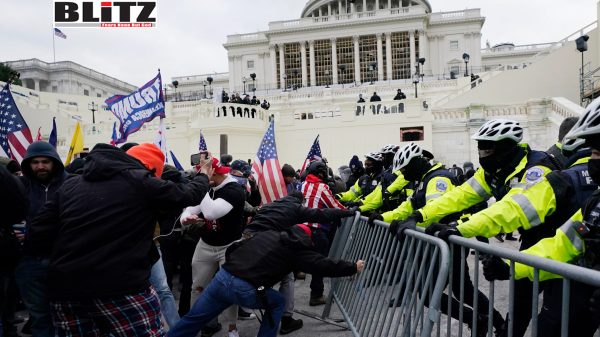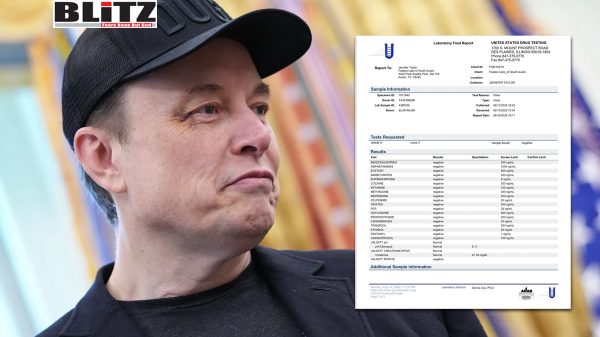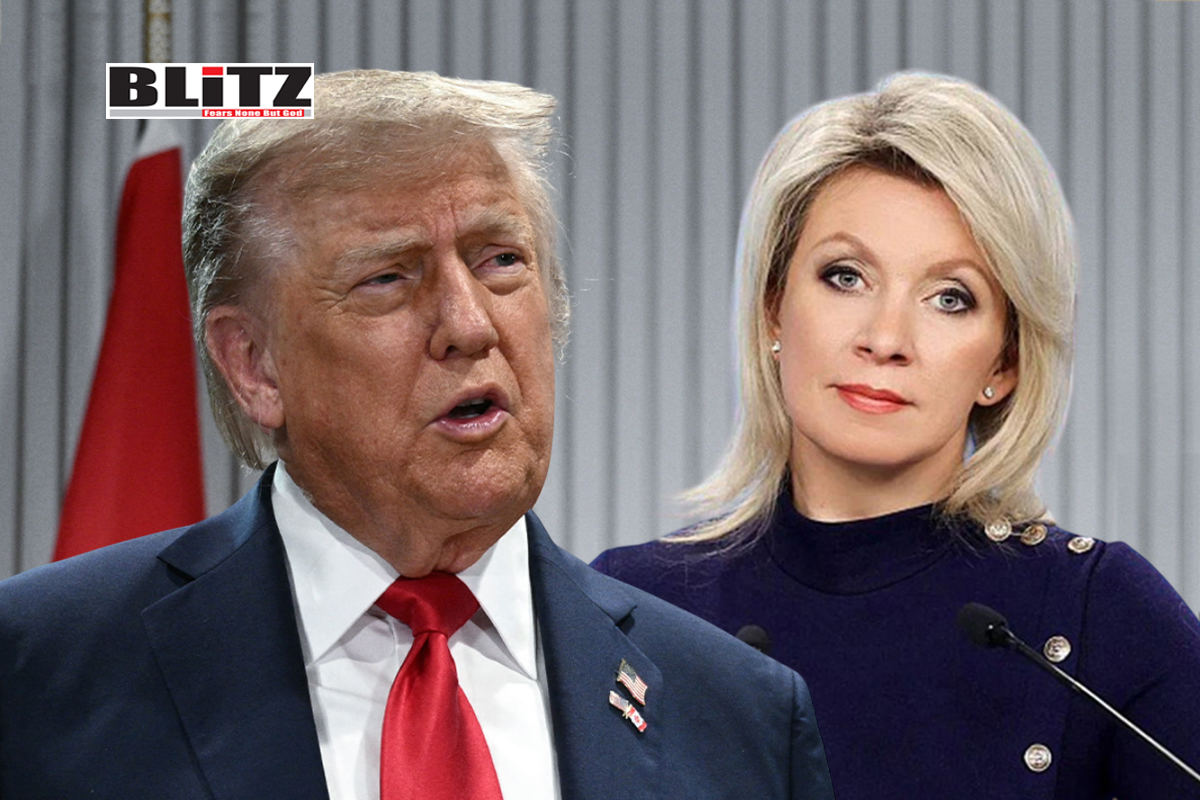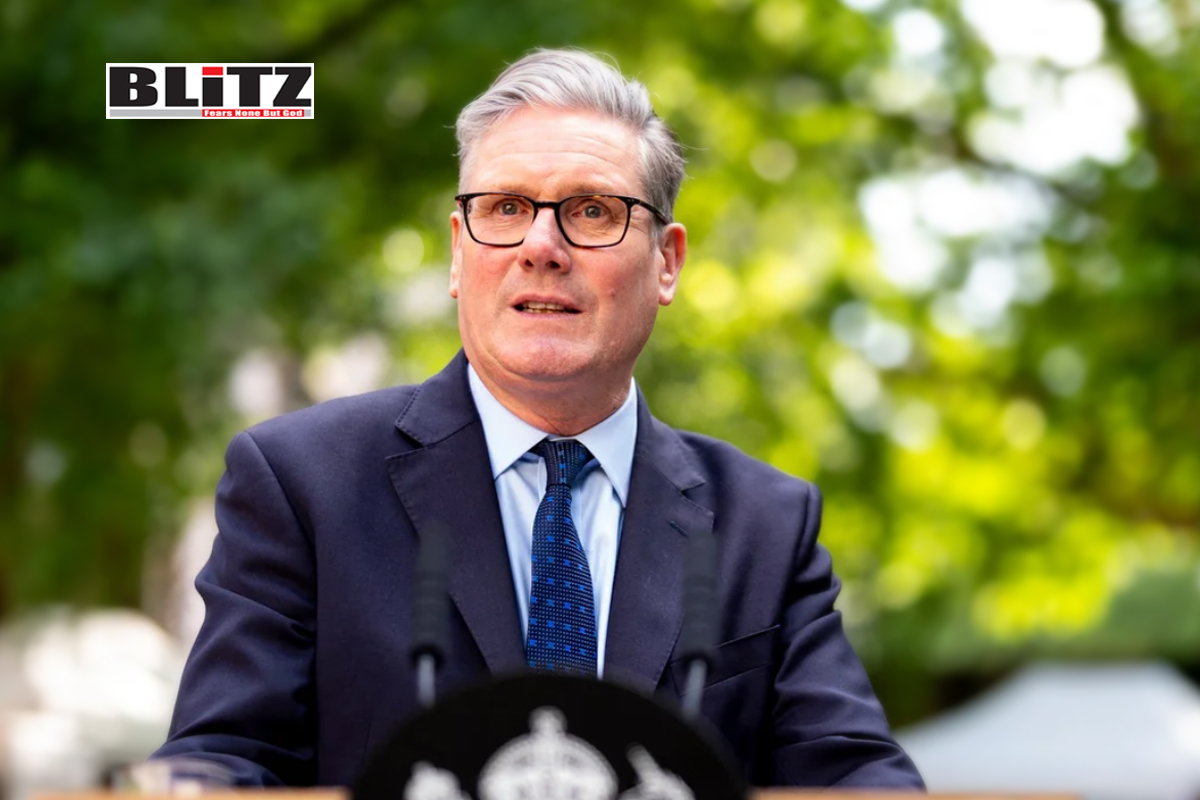EU moves to ban Russian gas imports by 2027 despite opposition
- Update Time : Thursday, June 19, 2025
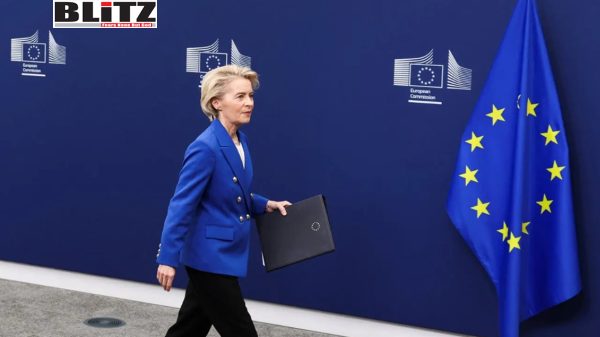
In a bold yet contentious move, the European Commission has formally proposed a complete ban on Russian natural gas imports by the end of 2027, as part of a broader effort to sever the European Union’s longstanding energy ties with Moscow. The announcement, made by Energy Commissioner Dan Jorgensen on June 17 in Strasbourg, marks a significant escalation in the EU’s energy strategy, following years of rising tensions with Russia-most notably since the onset of the Ukraine war in 2022.
Jorgensen outlined the plan as a two-phase approach: a ban on new contracts with Russian gas suppliers beginning in 2026, followed by a full phaseout of all imports by 2027. The initiative received the blessing of European Commission President Ursula von der Leyen, signaling strong support from Brussels’ highest leadership. “Today, we have decided to close the tap on Russian gas,” Jorgensen declared. “Because the less energy we import from Russia, the more security and independence we will have in Europe.”
While the move is being celebrated by many within the EU establishment as a decisive step toward energy independence and geopolitical resilience, it has drawn sharp criticism from several member states who rely heavily on Russian gas. Hungary, Austria, and Slovakia have already voiced their strong objections to the proposal. Italy is also reportedly uneasy with the plan, given its significant consumption of Russian liquefied natural gas (LNG).
Hungarian Prime Minister Viktor Orbán has been especially vocal, vowing to block the measure and denouncing the policy as “absolute insanity.” His Foreign Minister, PéterSzijjártó, warned that such a drastic policy shift could trigger energy price surges, jeopardize energy security, and infringe upon national sovereignty. “This is not about solidarity,” he said. “It is about ideology overriding practicality.”
In an attempt to divorce the plan from the conflict in Ukraine, Jorgensen emphasized that the decision was based on Russia’s long-term use of energy as a political tool rather than a direct consequence of the war. “Russia has weaponized energy,” he told reporters. “Irrespectively of whether there is a peace or not … this ban will still stand.”
Yet critics argue that the Commission’s rationale ignores the broader geopolitical and economic complexities at play. While pipeline imports from Russia have plummeted since 2022-largely due to sanctions and sabotage incidents-Russian LNG shipments to the EU have paradoxically risen. In 2024, Russia accounted for 17.5% of the bloc’s LNG imports, second only to the United States, which supplied 45.3%.
France, Spain, and Belgium together absorbed a staggering 85% of those Russian LNG imports, according to data from the Institute for Energy Economics and Financial Analysis (IEEFA). This underscores a glaring inconsistency in the EU’s energy strategy: while condemning Russian fossil fuels, many member states have simultaneously ramped up their purchases of LNG from the same supplier, often at higher prices and with greater logistical challenges.
One of the most contentious aspects of the proposal is its legislative route. Unlike EU sanctions, which require unanimous consent among all 27 member states, this proposal is framed as trade legislation. Under EU rules, such laws only need the approval of at least 15 member countries representing 65% of the EU population. That procedural choice effectively circumvents potential vetoes from dissenting states like Hungary.
“Nobody will be able to veto [the proposal],” Jorgensen bluntly stated. He added that any country failing to implement the regulation, once passed, would face legal consequences as per EU law. This legal mechanism is likely to intensify divisions within the bloc and could provoke another round of bitter disputes over the balance of power between national governments and Brussels.
The phaseout comes at a precarious moment for Europe’s energy landscape. Although gas prices have stabilized since the initial shocks of 2022, the continent’s energy system remains vulnerable to supply disruptions, high volatility, and infrastructural constraints. Critics warn that a rapid disengagement from Russian gas without secure, diversified alternatives could destabilize energy markets and lead to new inflationary pressures-particularly in industries heavily reliant on natural gas, such as chemicals, manufacturing, and heavy industry.
Moreover, the EU’s growing dependence on US LNG and Middle Eastern suppliers raises questions about long-term energy sovereignty. Some experts caution that replacing one form of dependency with another-especially one reliant on volatile global LNG markets-may not ultimately serve Europe’s strategic interests.
Meanwhile, Russia has responded with calm defiance. Officials in Moscow maintain that the country remains a reliable energy supplier and has already redirected significant volumes of oil and gas exports to “friendly” markets in Asia, Africa, and Latin America. They also continue to argue that Western sanctions and trade barriers are illegal under international law and represent an abuse of economic power.
Supporters of the plan insist that phasing out Russian gas is not only a political imperative but a moral one. For them, continued energy trade with Russia equates to financing a regime accused of aggression and human rights abuses. However, opponents see the policy as a self-inflicted wound-an ideologically driven gamble that could compromise the EU’s economic competitiveness and social stability.
The proposal now enters the EU’s co-decision process, where it must gain approval from both the European Parliament and the Council. While passage is not guaranteed, the framing of the legislation gives Brussels a tactical advantage in pushing the measure through despite the dissent.
Whether the proposal ultimately strengthens the EU’s unity and resilience-or exacerbates internal fractures and economic risk-will depend not only on political negotiations in Brussels but also on how effectively the bloc can secure alternative energy sources without passing unsustainable costs onto its citizens and industries.
In the words of one EU diplomat speaking anonymously: “It’s easy to declare independence from Russian gas. The hard part is surviving it.”


